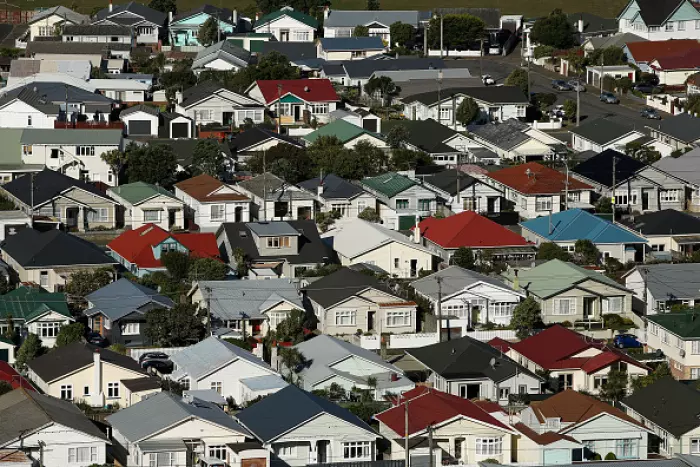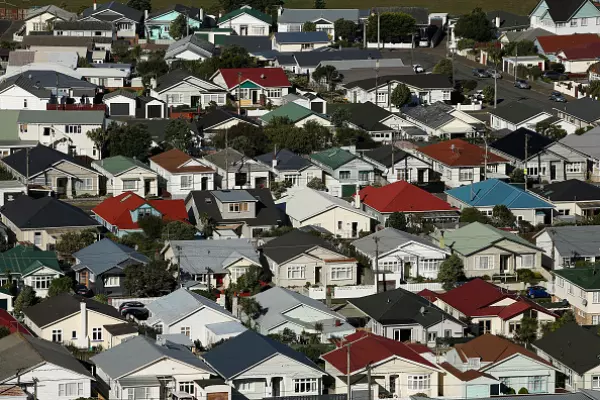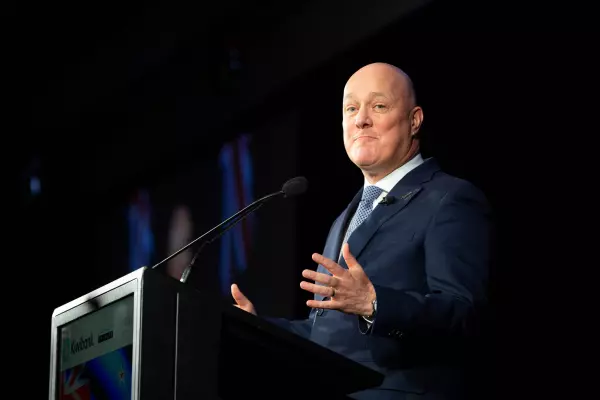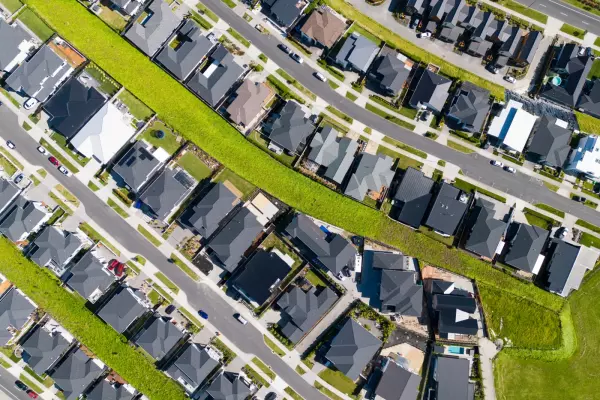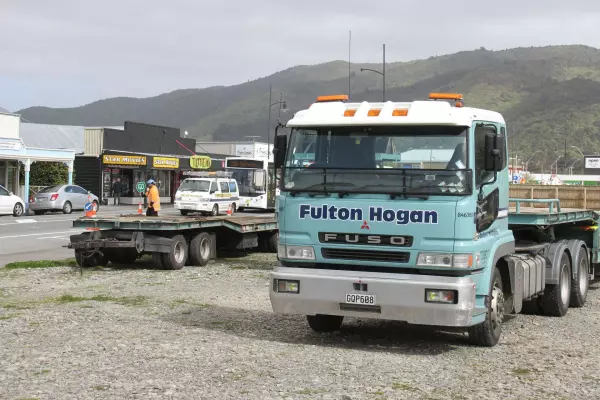The government's annual tax take is likely to rise by between $500 million and $1 billion as a result of it removing the deductibility of interest costs for residential property investors, according to ASB Bank economist Mark Smith.
But either house prices would need to fall 30% or rents would have to rise 30% for a new property investor to be in the same financial position that they would have been in before the government removed deductibility, Smith said.
"The $82b nationwide mortgage debt associated with rental properties will no longer be generating a significant interest expense for property investors to use to offset rental income," he said.
"It will generate a significant amount of additional tax to be paid by property investors."
Smith said the new policy will mean the expenses for the typical rental property will increase more than $5,000 a year.
"This would force investors to either accept lower income – and chip in some of their own funds if the property now makes an operating loss – or to recoup the higher costs via increasing rents," Smith said.
"All else equal, the purchase price that an investor would be willing to pay for an investment property would be around 30% lower to achieve the status-quo after-tax position," he said.
Higher rents
An increase in rent of up to 30%, depending on the investor's marginal tax rate, could achieve the same result but that "looks to be excessive, considering high housing costs and the generally low incomes of rental tenants."
Alternatively, the investor could raise their deposit from the 40% that the Reserve Bank has mandated will be required from May 1, and which most banks have already implemented, to 60%.
"What actually occurs will depend on the relative bargaining power of investors and tenants. We can envisage a combination of modest rent increases and a more modest decline in the price an investor would be prepared to pay."
Smith notes the decision to remove interest deductibility "has been done without any thorough policy impact assessment," leaving a number of unanswered questions.
These include to what extent will price growth cool, or prices fall? How will any change in house prices influence construction demand? How readily will first-home buyers pick up the market slack if investors increasingly hold off from buying? How will the demand/supply balance in the rental market shift? Will rents be pushed up by the measures, particularly if geared investors try to recoup part of the jump in their costs?
Smith doesn't attempt to answer any of these questions other than to say that the policy comes at a time when "the housing shortfall remains chronic and not likely to be overcome until 2025. The relative scarcity of homes will continue to keep a floor under the market this year."
A fall of 10%
Westpac acting chief economist Michael Gordon predicted the policy change will lead to a long-term decline in house prices of about 10% but the fall may be sharper in the short term.
That's in the context of house prices nationwide rising 21.5% in the year ended February.
Former Bank of New Zealand chief economist Tony Alexander has arrived at a similar conclusion.
His best guess is that prices on average will fall about 10% and will bottom out some time after the middle of the year – though he does add a caveat.
"No one on the planet got their house price forecasts correct a year ago, so do not at all expect any of us to be right this time around either," Alexander said.
But what he sees happening to rents and homelessness is a dire warning to this Labour government.
"Rents will rise because investors will look for compensation for their inability to deduct interest costs. How much rents will rise is anyone's guess, but the boost above normal rises will probably be spread over the next four years," Alexander said.
"A rise in average rents above 30% in the next four years could easily occur following rises of 22% since Labour came to power late in 2017."
More homeless people
Labour had already pushed landlord costs higher with requirements such as better insulation – most observers would say it was high time the government did something to improve the quality of NZ's housing stock, particularly rental accommodation.
At least some investors will sell as a result of the policy change, so the amount of rental housing is likely to fall.
"The social problem out of this will be for the people at the lower end of the socio-economic spectrum who will find rents moving much further out of their reach and with even less ability to find a property," Alexander said.
Students are also likely to find it more difficult to find accommodation.
"There has already been a blowout in the number of people on the state housing waiting list. A lot more people will now join the queue. A lot more people will find themselves homeless and a lot more people will need to be housed in motels around the country," he said.
"If there was intense pressure on the Associate Minister for Housing responsible for homelessness before, the pressure in the next three years will now be far greater."


